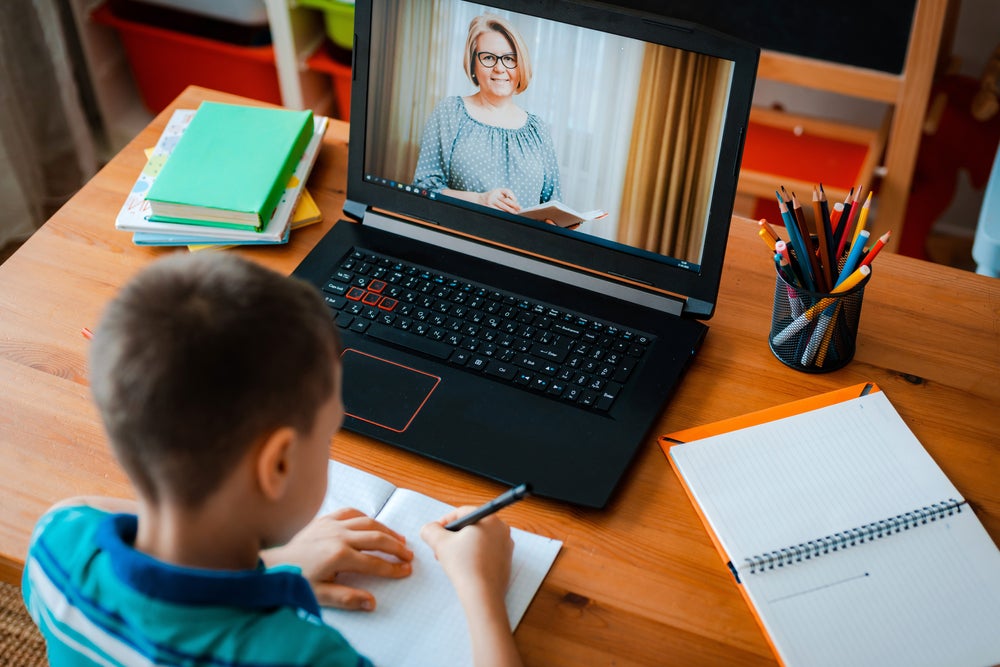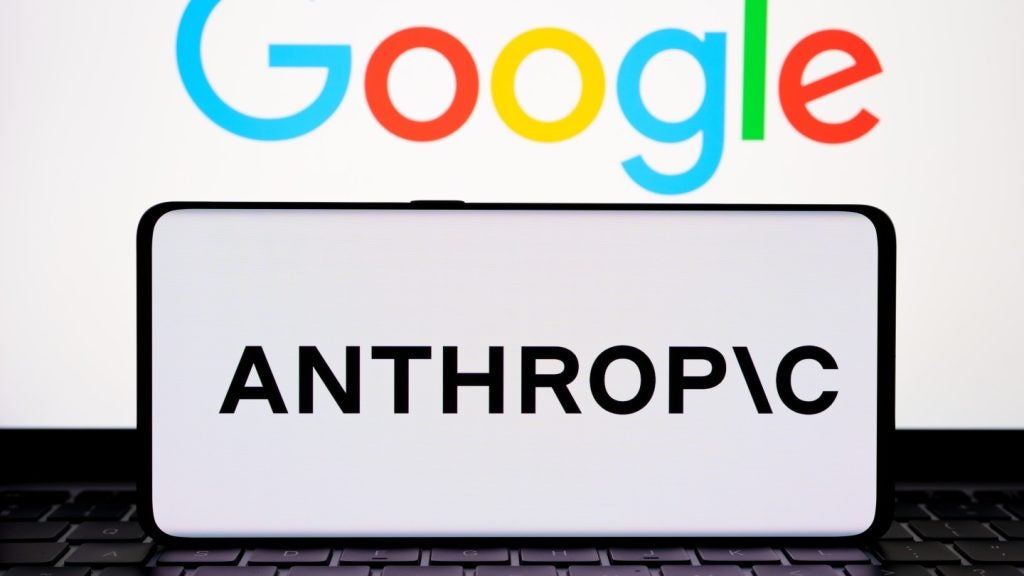
Many schoolchildren in England may not have adequate access to technology, a new report from Microsoft has found.
The Covid-19 pandemic and subsequent lockdown measures saw many children in the UK learning remotely, with lessons conducted over video or using online platforms.
Although schools are now open again, children who test positive for Covid-19 are required to isolate at home. This makes access to the necessary technology, as well as a reliable internet connection, more important than ever.
According to the Children’s Commissioner, an estimated 9% of families in the UK do not have a laptop, desktop or tablet at home. A report by the Institute for Public Policy Research estimated that 1 million children and their families do not have adequate access to a device or connectivity.
Microsoft, in association with think tank The Centre for Education and Youth, surveyed more than 5,000 teachers across England to understand both the benefits education technologies can bring to education, and also the “digital divide” they can create.
According to the research,1% of primary state schools provide devices that their pupils can take home, compared with 38% of private primary schools. This rose to 7% of secondary state schools, while 20% of private secondary schools provide devices for pupils.
How well do you really know your competitors?
Access the most comprehensive Company Profiles on the market, powered by GlobalData. Save hours of research. Gain competitive edge.

Thank you!
Your download email will arrive shortly
Not ready to buy yet? Download a free sample
We are confident about the unique quality of our Company Profiles. However, we want you to make the most beneficial decision for your business, so we offer a free sample that you can download by submitting the below form
By GlobalDataSome 65% of teachers agree that education technology tools benefit students across a whole range of needs, such as developing more independent learning skills. However, 72% of students attending schools rated inadequate by Ofsted do not have access to individual devices in their classrooms.
The report highlighted that the extent to which digital devices are part of lessons has been accelerated by the pandemic, with a new emphasis on hybrid learning.
Howard Lewis, Surface Business Group head, said:
“Our findings show that access to technology across England at a one-to-one level can help meet students’ individual learning needs, supporting them in their development of critical life skills. Yet a digital divide is now widening the achievement gap, with teachers citing a lack of access to ed-tech tools in the schools that are least able to provide access to technology for individual students.
“We have to find a solution that delivers a range of robust, cost-effective and flexible tools, alongside free resources and initiatives to help UK educators”.
Read More: Microsoft: Digital skills gap could hamper UK’s economic recovery.







